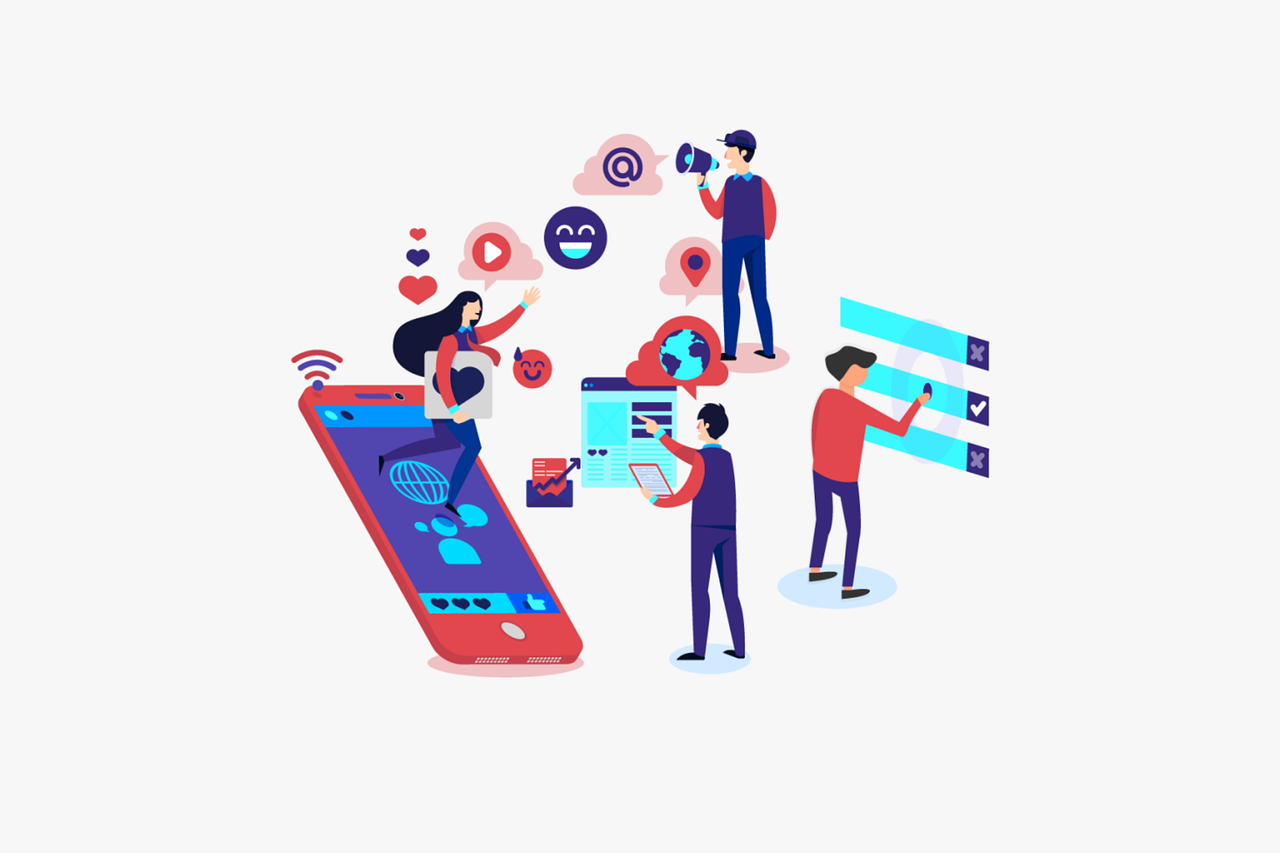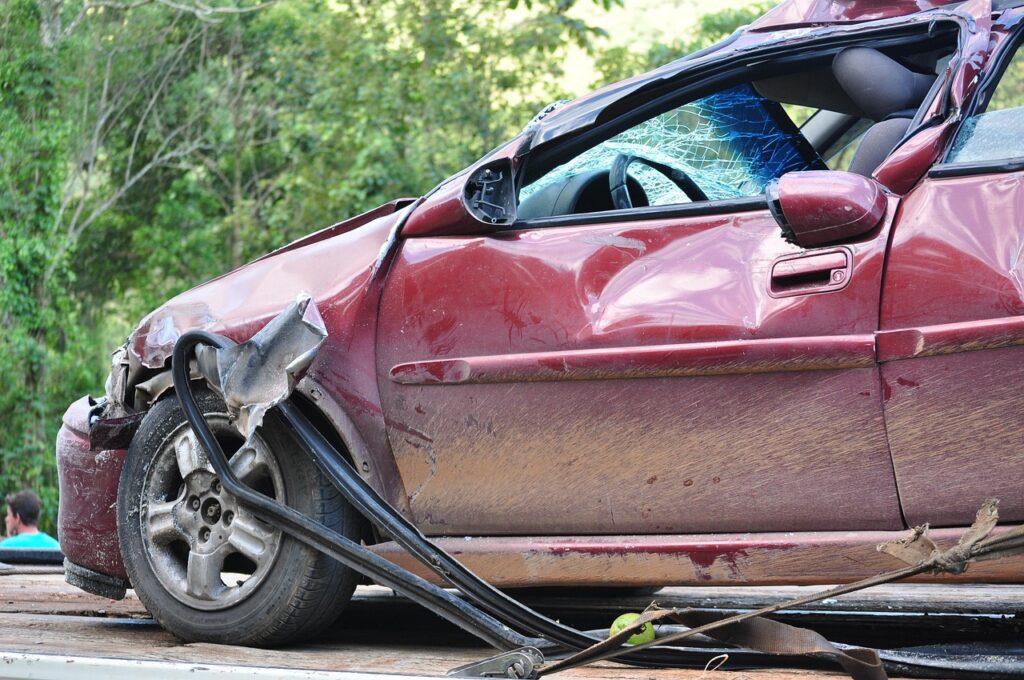Now Reading: Social Media Lawsuit For Teens With Addiction
-
01
Social Media Lawsuit For Teens With Addiction

Social Media Lawsuit For Teens With Addiction
Social media platforms like Facebook, Instagram, TikTok, Snapchat, etc, are a great way to keep family and friends connected across long distances. They also serve as a means of entertainment to help people ease off during stressful periods. However, when used too much, it can lead to addiction and cause other negative consequences for the users’. In fact, in recent years, a good number of people have been found to be addicted to social media platforms, with the majority of them being teens and adolescents.
Social Media addiction has been shown to cause a range of mental health problems in these vulnerable users, such as anxiety, depression, eating disorders, self-harm, suicide, low self-esteem, and more. This has led to their families filing social media lawsuits against the social media companies.
Social Media Addiction: What Exactly is it?
As technology has improved, making connectivity and accessibility to the internet easier, social media addiction has become quite a thing.
Social media addiction can be referred to as dependence on social media platforms in a way that is considered to be unhealthy to the users’. Similar to other kinds of dependencies, social media dependence is manifested as difficulty in staying away from social media platforms, even when the user wants to.
Typically, social media lawsuits are centered around claims that social media platforms have increased the number of people suffering from mental health problems by being addicted to the platform, especially teenagers suffering from severe
When talking of social media addictions, the problem really is not in the users’ vulnerability; rather, it is in the role social media companies and their software developers play in exploiting the vulnerability of the users in order to make a profit. They design their interface by using features that entice users and keep them on the platform.
How Social Media Platforms Contribute to Mental Health Problems
Most of the mental health challenges that stem from the addiction were linked specifically to Instagram. That is because the platform is used to display lifestyles and enhanced body appearance. For vulnerable teens, this can create unrealistic standards and unhealthy comparisons. In an attempt to keep up with the standards, teens may develop eating disorders while trying to maintain their weight when trying to achieve a false-standard figure.
Also, being exposed to lots of displays of luxurious lifestyles may tend to bring an unhealthy comparison in the teenage user. By comparing themselves, teenagers may feel as though they don’t measure up or are lacking. This in itself can result in low self-esteem.
What Are The Effects of Social Media Addiction?
Using social media itself is not harmful in any way. However, there tends to be a problem when there is a heavy reliance or over-dependence on the platform from the younger population.
Teenagers are often easy to influence and readily pick up things from what they see on the platform. To make matters worse, social media algorithms are designed in a way to keep the users hooked, which exposes them more to the influence.
Some effects of social media addiction include:
- Low-self esteem–which is fueled by the false perception that your life is not as good as that of others
- Anxiety or depression
- Isolation and loneliness
- Social anxiety disorder
- Disrupted sleep patterns
- Fear of missing out
- Reduced engagement in physical activities
Several studies reveal that social media can affect all areas of your life, which includes your emotional, physical, mental, and psychological health.
How Do You Know If You Have a Social Media Addiction?
Diagnosing social media addiction can be tricky for many reasons. First, it’s not a medical condition. Second, the symptoms can be similar to the symptoms of other kinds of addictions. However, a mental health professional can help to determine if there is really an addiction or if you’re merely enjoying the platform. Also, there are key differences between when you have an addiction and when you’re simply being entertained.
Signs of an addiction include:
- Relying on social media as a coping mechanism
- Irritability or restlessness when you’re not on social media
- Thinking of social media even when you’re off-line
- Being engrossed in social media even when you’re engaged with other tasks
- Turning to social media platforms with every opportunity you get
- Inability to perform well at other tasks due to increased social media usage
- Inability to maintain interpersonal relationships
- Social isolation
- Inability to resist the urge to check the social media platforms
- Decreased participation in other recreational activities
Social Media Lawsuit for Addiction
Because social media addictions affect teenagers, most social media lawsuits are filed by the guardians or parents of affected teenage users. As a parent, you may be able to file a lawsuit if your child experienced any of these:
- Suffered psychological harm as a result of social media dependence
- Was below the age of 20 when they became dependent on social media platforms.
Parents might be able to receive compensation if their teenage child was hospitalized or diagnosed with any of these conditions:
- Self-harm
- Body dysmorphic disorder
- Bulimia
- Anorexia
- Suicide
- Binge Eating
- Suicidal ideation
- Attempted suicide
How to File a Social Media Lawsuit
The first step in pursuing a social media lawsuit for your addicted teenager is to contact a chicago social media addiction lawyer to handle the case.
Your attorney will play the following roles;
- Verify that you qualify to file a social media lawsuit
- Find evidence to help support your claim
- File the lawsuit within the legal deadlines
- Negotiate settlements with the defendants
Settlements and Verdicts for Social Media Addiction
When you file a social media lawsuit, one of these two things can happen.
- Settlement
Your legal team and the social media company (the defendant) may come to an agreement on the amount you will receive as a settlement without taking the case to court.
- Trial Verdicts
If you’re unable to reach a settlement, your case will be tried in court, and a judge will give the final verdict.
How Successful are Social Media Addiction Lawsuits?
Well, a major drawback to the success of social media lawsuits is your ability to prove causation. That is, first, you must be able to prove that there is an addiction. Although there have been studies to prove social media addiction, they may not meet the level of academic scrutiny enough for them to be admissible in court.
Secondly, if you’re able to prove that there was an addiction to the platform in the first place, you will also need to prove beyond doubt that the addiction is more likely the cause of the harm suffered by your teenage child. If it is in a case of suicide, it may be difficult to prove that social media addiction is the likely cause.
Regardless of these drawbacks, working with an experienced social media attorney that has been long in the game will improve your chances of a successful outcome.
Developing Good Social Media Habits: How to Prevent Social Media Addiction
While you may be able to get settlements from a social media lawsuit, it’s best to develop healthy social media practices to prevent having an addiction. Generally, addictions are hard to deal with and usually take a toll on affected individuals.
Consider the following tips in order to achieve healthy social media usage.
- Delete your social media apps from your smartphone.
It’s easier to access social media platforms when they are on your phone. Deleting them from your phone will help to reduce their frequent use, as well as reduce the amount of time you spend online.
- Turn off social media notifications
When you’re engaged in work, school, or recreational activities, you can choose to turn off social media notifications from your phone to allow you to focus on other things. Most people are tempted to check their social media profiles when they receive a notification.
- Have a screen time
Screen time can help you regulate the amount of time you spend on your phone generally. Indirectly, it can also help you to limit your social media usage.
- Find a new Hobby
Preferably hobbies that would not require you to use your phone while you’re at it. Examples of hobbies you can do include cooking, sports, etc.
Lastly, you can choose to take breaks from social media platforms at certain intervals. If you’re going to win the fight over social media addiction, you need to be in charge of your decisions. Reducing dependence on social media can help to discover new self-abilities you were ignorant of all along.
It is sometimes difficult to diagnose addiction to social media and the resulting effects without the help of a professional. That may be because the effects vary between individuals. Regardless, if your child has suffered any negative effects from social media addiction, you may be able to hold the social media companies responsible and pursue settlement. If you’re not sure what to do or how to begin, the first place to begin is to contact a social media addiction attorney.










